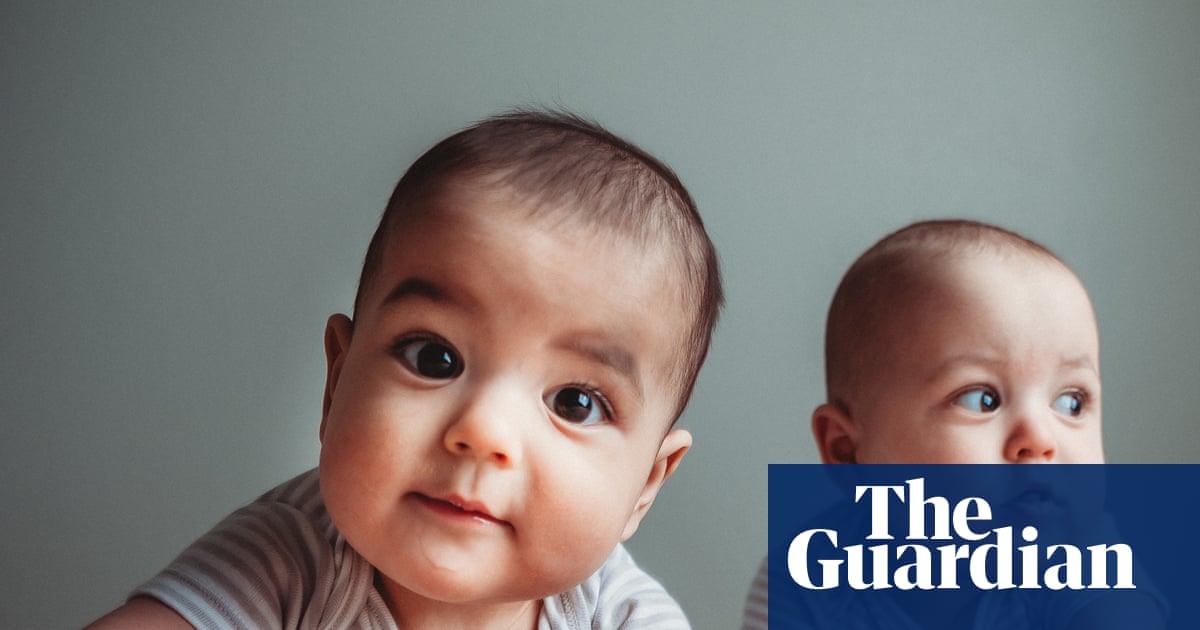
"Language likely evolved as a crucial tool to facilitate the care of vulnerable infants, requiring cooperative parenting and communication among groups in early human societies."
"The shift in perspective towards a more balanced view of human evolution has underscored the importance of female contributions, especially in the context of nurturing roles."
Human evolution has experienced a feminization that rebalances previous male-dominated narratives. Language's origin remains obscure due to the lack of fossilized evidence. However, evolutionary biologist Madeleine Beekman posits that language developed alongside the caregiving of helpless infants, necessitating cooperative social structures. These groups shared responsibilities for food, childcare, and defense, leading to enhanced communication. The trade-off in natural selection between bipedalism and brain size also resulted in childbirth occurring before brain development was complete, thereby amplifying reliance on alloparents for nurturing and communal support.
Read at www.theguardian.com
Unable to calculate read time
Collection
[
|
...
]